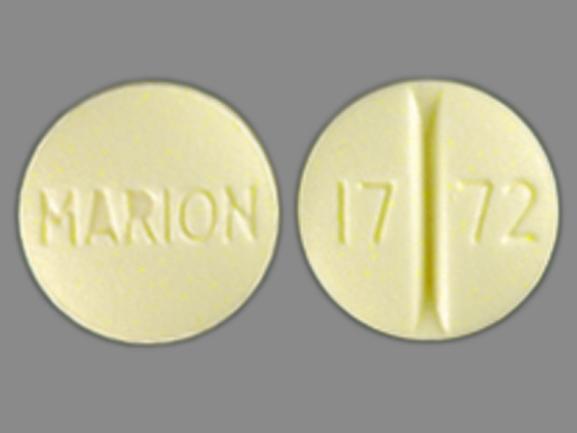Cardizem Interactions
There are 709 drugs known to interact with Cardizem (diltiazem), along with 9 disease interactions, and 1 alcohol/food interaction. Of the total drug interactions, 124 are major, 524 are moderate, and 61 are minor.
- View all 709 medications that may interact with Cardizem
- View Cardizem alcohol/food interactions (1)
- View Cardizem disease interactions (9)
Most frequently checked interactions
View interaction reports for Cardizem (diltiazem) and the medicines listed below.
- albuterol
- aspirin
- Ativan (lorazepam)
- atorvastatin
- Coumadin (warfarin)
- digoxin
- Eliquis (apixaban)
- furosemide
- gabapentin
- hydrochlorothiazide
- Lasix (furosemide)
- levothyroxine
- Lipitor (atorvastatin)
- lisinopril
- losartan
- metformin
- metoprolol
- omeprazole
- Plavix (clopidogrel)
- potassium chloride
- prednisone
- Protonix (pantoprazole)
- Singulair (montelukast)
- Synthroid (levothyroxine)
- tramadol
- trazodone
- Tylenol (acetaminophen)
- Vitamin B12 (cyanocobalamin)
- Vitamin D3 (cholecalciferol)
- Xanax (alprazolam)
Cardizem alcohol/food interactions
There is 1 alcohol/food interaction with Cardizem (diltiazem).
Cardizem disease interactions
There are 9 disease interactions with Cardizem (diltiazem) which include:
- aortic stenosis
- bradyarrhythmia/AV block
- cardiogenic shock/hypotension
- coronary artery disease
- liver disease
- CHF/AMI
- accessory AV tracts
- ventricular tachycardia
- renal dysfunction
More about Cardizem (diltiazem)
- Cardizem consumer information
- Compare alternatives
- Pricing & coupons
- Reviews (12)
- Drug images
- Side effects
- Dosage information
- During pregnancy
- Generic availability
- Drug class: calcium channel blockers
- Breastfeeding
- En español
Related treatment guides
Drug Interaction Classification
| Highly clinically significant. Avoid combinations; the risk of the interaction outweighs the benefit. | |
| Moderately clinically significant. Usually avoid combinations; use it only under special circumstances. | |
| Minimally clinically significant. Minimize risk; assess risk and consider an alternative drug, take steps to circumvent the interaction risk and/or institute a monitoring plan. | |
| No interaction information available. |
Further information
Always consult your healthcare provider to ensure the information displayed on this page applies to your personal circumstances.


